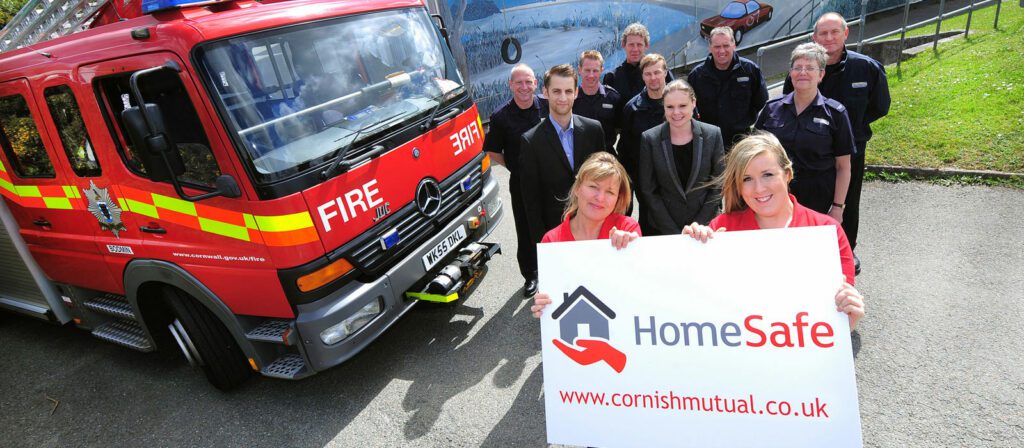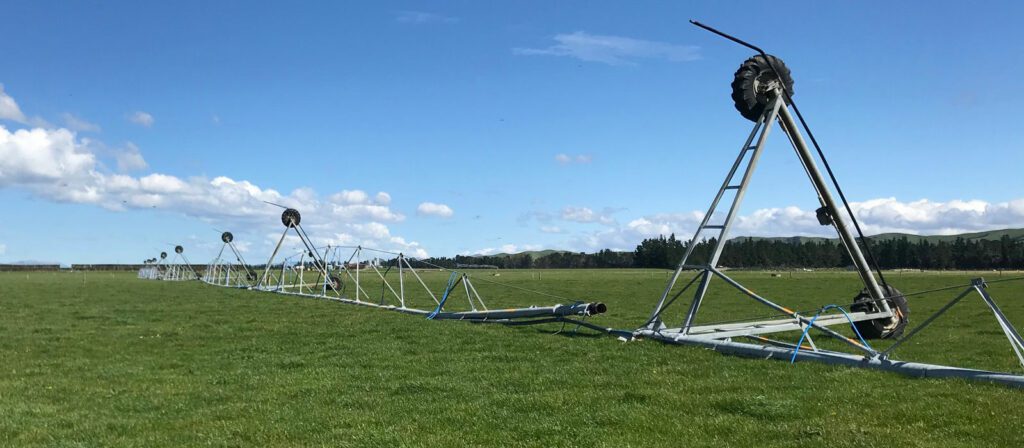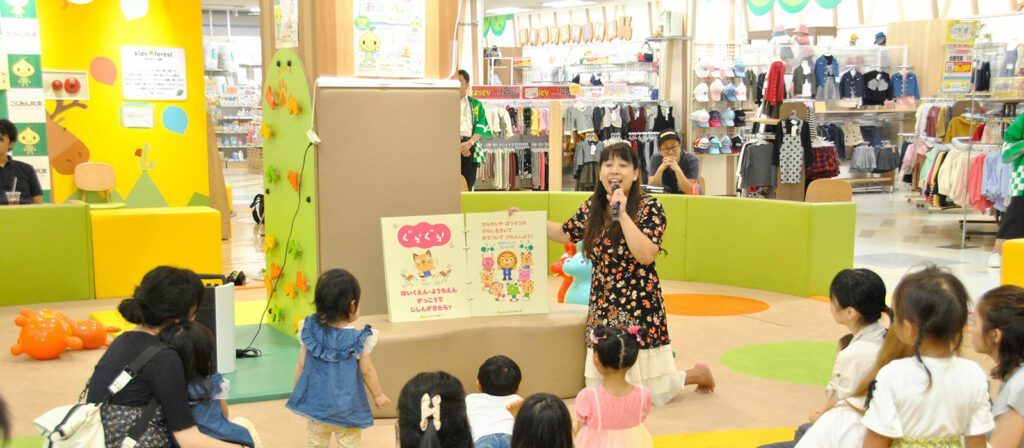UNIPOLSai risk analysis and loss prevention team
Considering the high vulnerability of Italy to climate change and the lack of businesses’ awareness on climate risks, Unipol decided to focus on enhancing a risk culture among businesses. Thus, the UnipolSai risk analysis and loss prevention team is supporting customers in the identification and assessment of the risk profile connected to the activity carried out through risk identification, risk assessment and risk mitigation (loss prevention activities and identification of insurance solutions).
Building upon the consolidated experience of UnipolSai’s loss prevention team with big corporate clients, Unipol decided to transfer this expertise to SMEs to increase their risk culture and build their capacity to reduce climate-related risks. Indeed, in Italy, SMEs do not have adequate tools for assessing and managing these phenomena. Therefore, in September 2015, Unipol Group launched an EU-funded project entitled the LIFE DERRIS (Disaster Risk Reduction Insurance) project, together with the partners ANCI, CINEAS, City of Turin, Coordinamento Agende 21 Locali Italiane and Unipolsai. DERRIS is the first European project that combines public administration (PA), businesses, and insurers to reduce risks caused by exceptional climatic events.
CRAM tool
Unipol’s LIFE DERRIS project developed a user-friendly, free tool, called the CRAM tool, that enables SMEs to understand which risks they are exposed to in the event of extreme weather events, and which solutions they could apply within their business to prevent damages.
Furthermore, to promote greater risk culture, the project designed specific training sessions on risks prevention and management to transfer knowledge from the insurance sector to the PA and SMEs.
Following the pilot project carried out in Turin, from 2017 onwards, the DERRIS project was extended to 14 additional local entities. Alghero, Almese, Avigliana, Bassano, Bologna, Genoa, Milan, Molfetta, Padua, Pescara, Rovereto, Udine, Varese and the Union of municipalities of Valdelsa joined the project. As of 2020, the number of people using the CRAM tool totalled almost 7,000 (with a total of over 9,000 sessions), around 15% more than at the end of 2019. In addition, at the end of 2020, over 200 action plans for adapting to climate change had been drawn up, containing over 6,600 climate-related risk prevention and management measures.
The Alert Meteo system
In 2019, to help its customers prevent risks connected with intense meteorological events and thus reduce potential damage, UnipolSai, in conjunction with DataMeteo® and Leithà (the Unipol Group company specialised in Big Data analysis), has developed a predictive model able to alert customers in advance of risks of hailstorms, strong wind, heavy rain or snow. The Alert Meteo system works by sending messages through the UnipolSai app or by SMS (for very intense events). In 2020, the alert system was extended to Linear customers (UnipolSai’s company specialised in direct sales, online and through a call centre, of MV products). Approximately 3,400,000 customers have been involved in the campaign so far and over 3 million SMS messages have been sent since the beginning of the project in July 2019.
The LIFE Adaptation in Agriculture (ADA) project
Following the experience gained with the DERRIS project, from September 2020 to December 2023, UnipolSai will lead an EU-funded project entitled LIFE ADA (Adaptation in Agriculture) which aims at boosting the resilience to climate change along three agricultural supply chains through the implementation of an innovative Public-Private Partnership (PPP) between insurers, regions, scientific institutes and producers’ organisations (POs). The LIFE ADA project will build a tool designed for POs and individual farmers to support their decision-making process to define and implement effective and concrete adaptation plans at farm level and at supply chain level. The main target audiences are individual farmers and POs in three value chains: dairy (Parmigiano cheese); wine, fruit and vegetables, with some focus on quality chains; and Geographical Indications Products, given their specific vulnerability and value for the local economy and environment.



